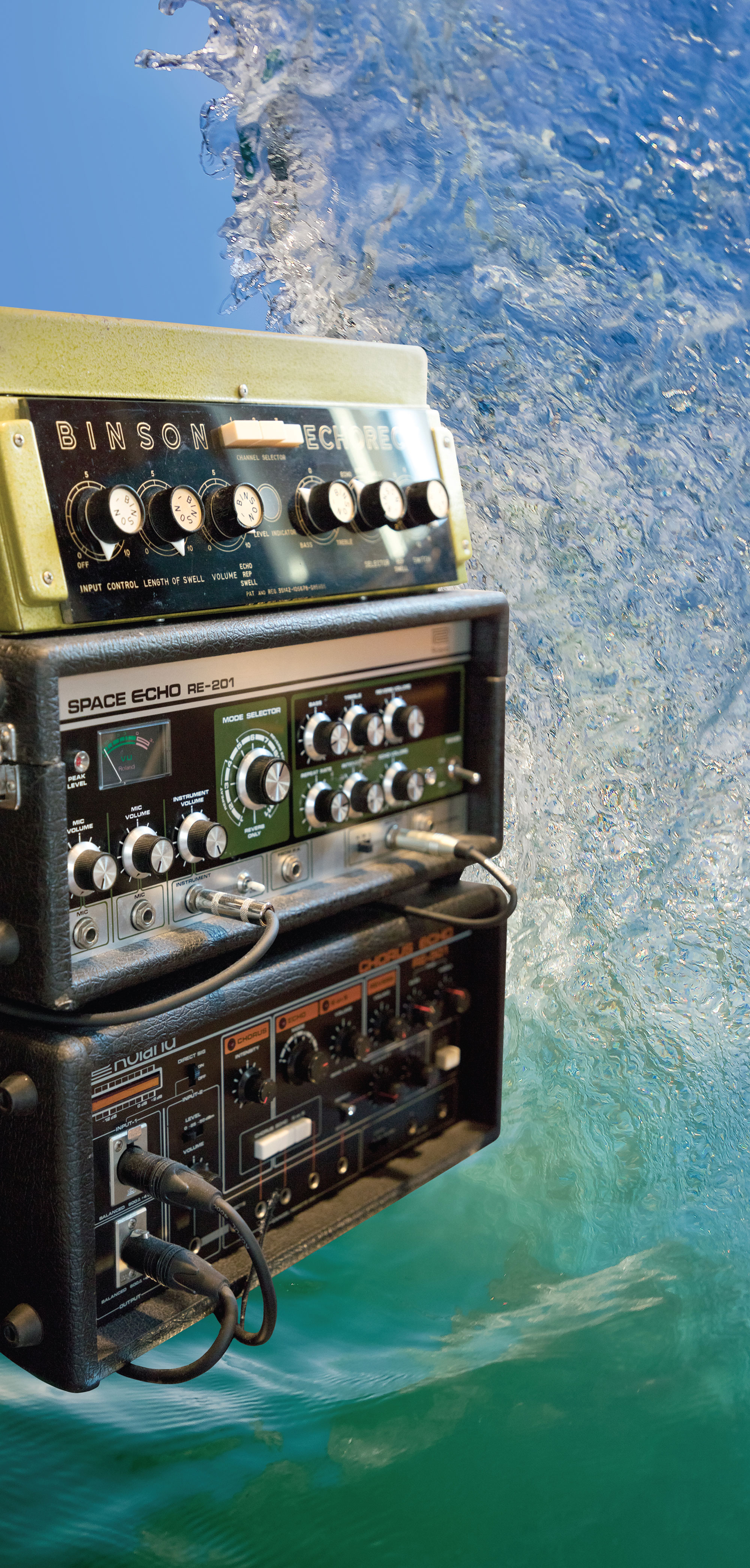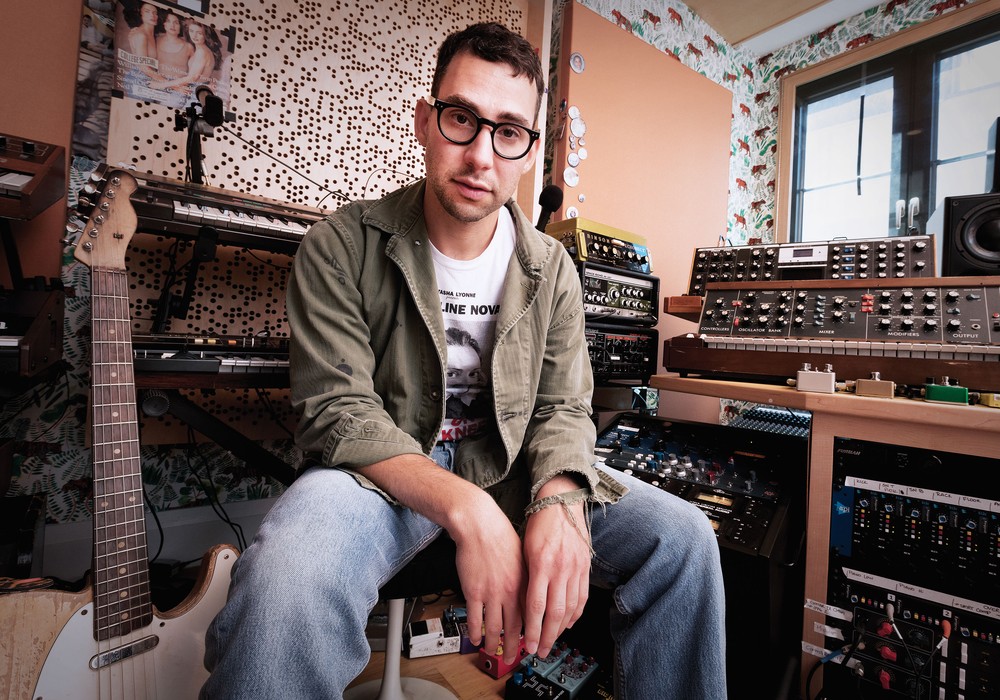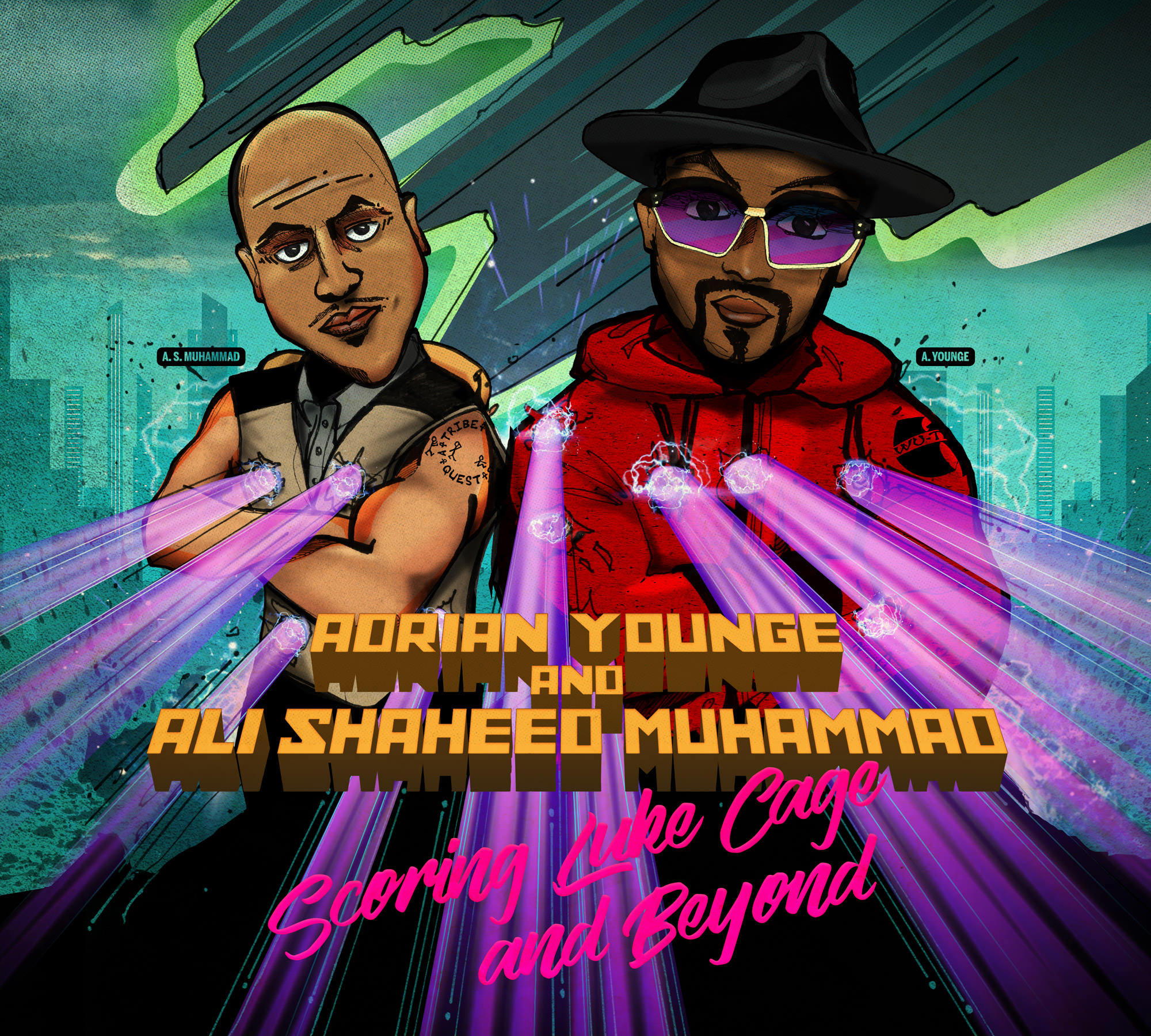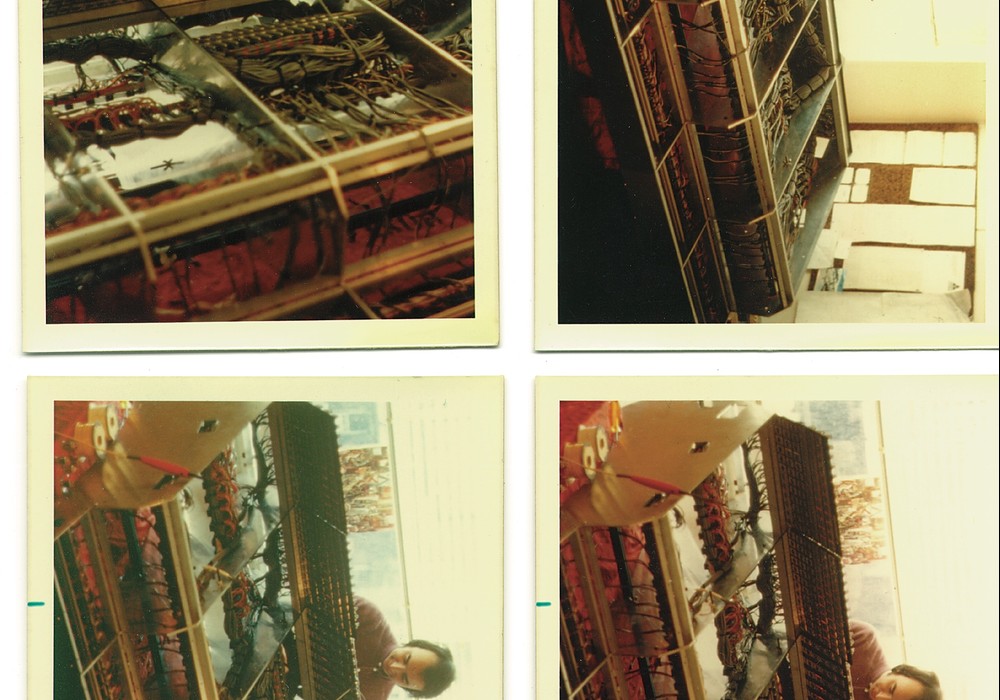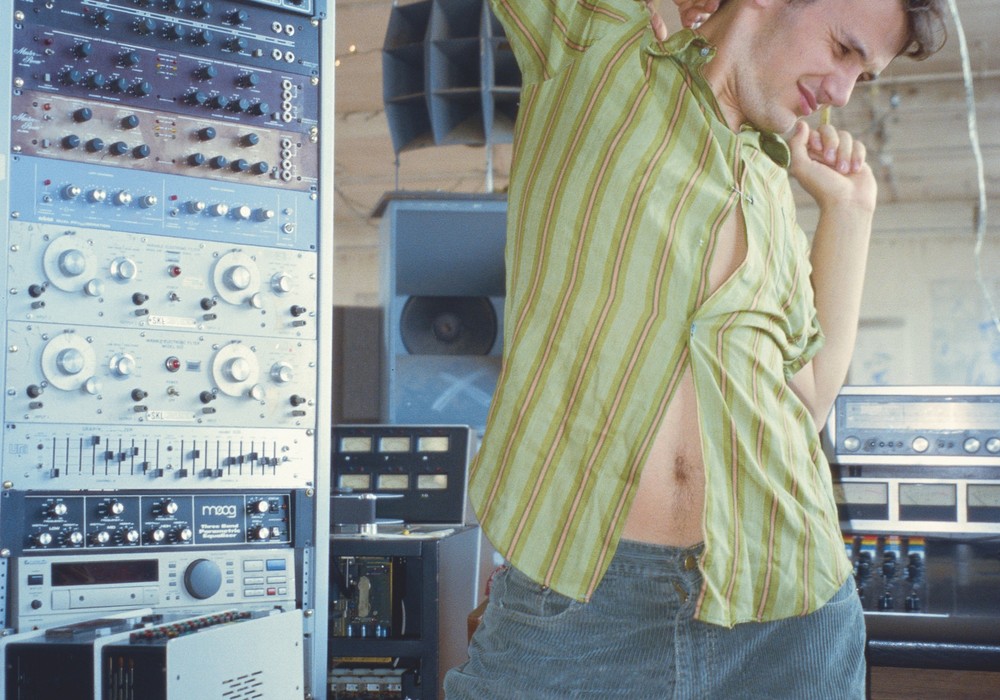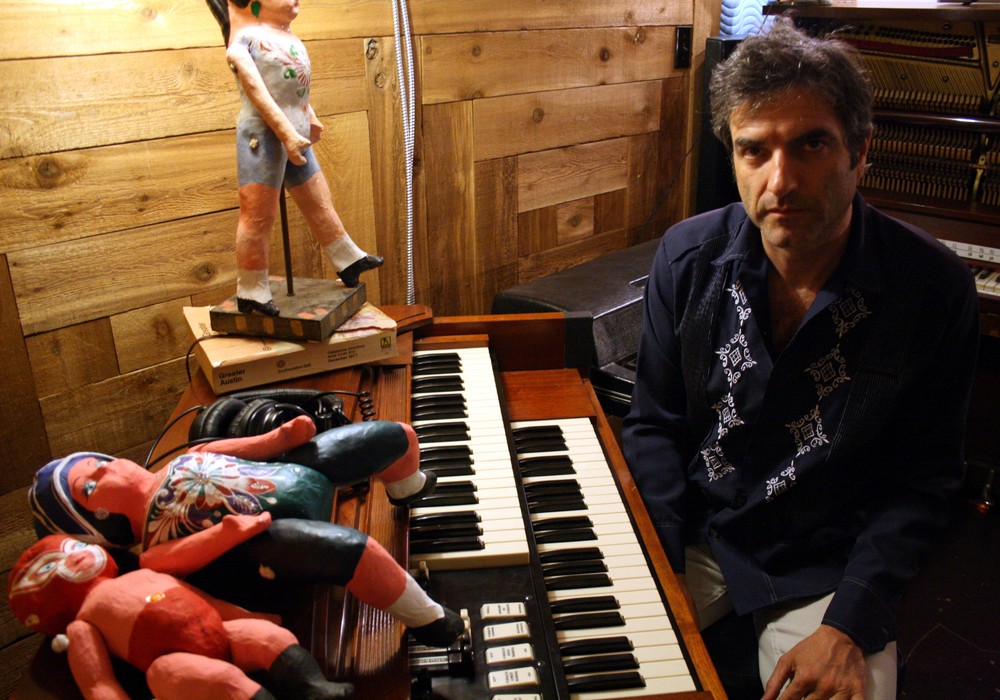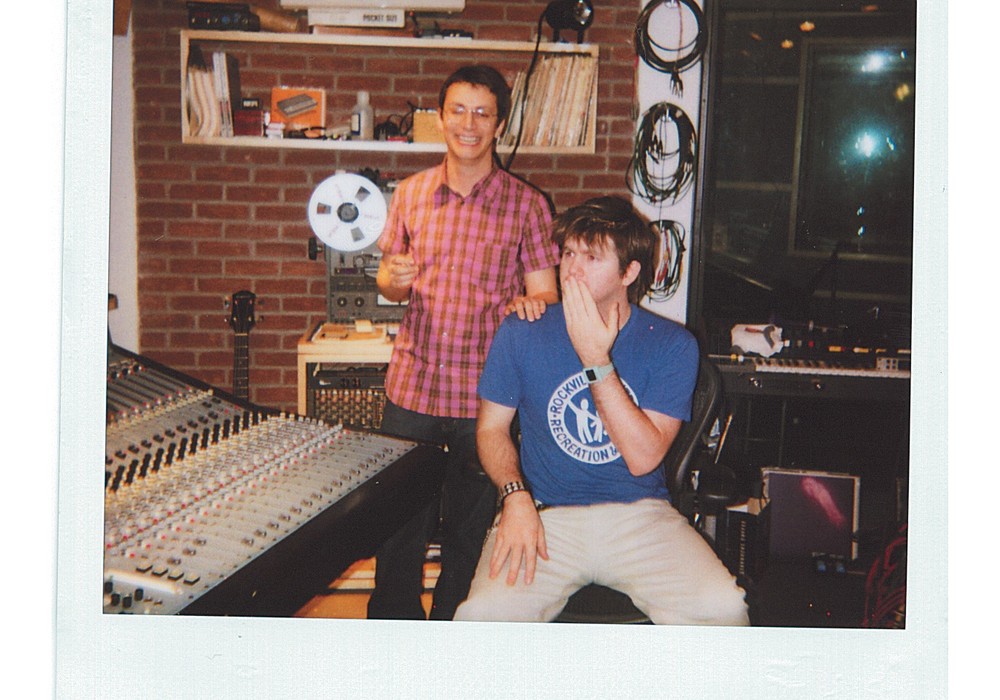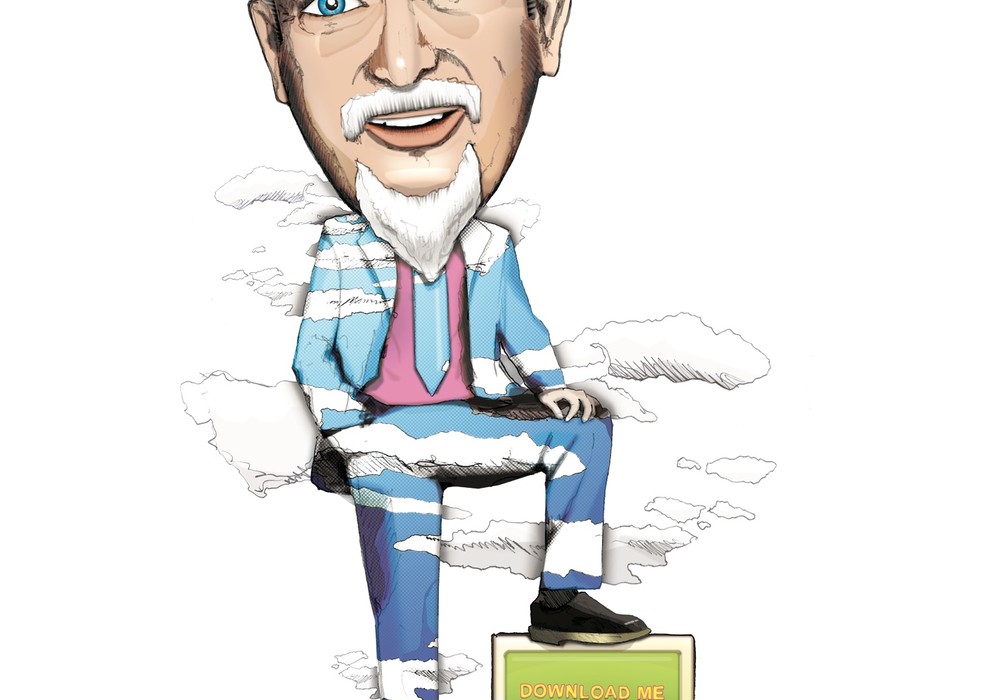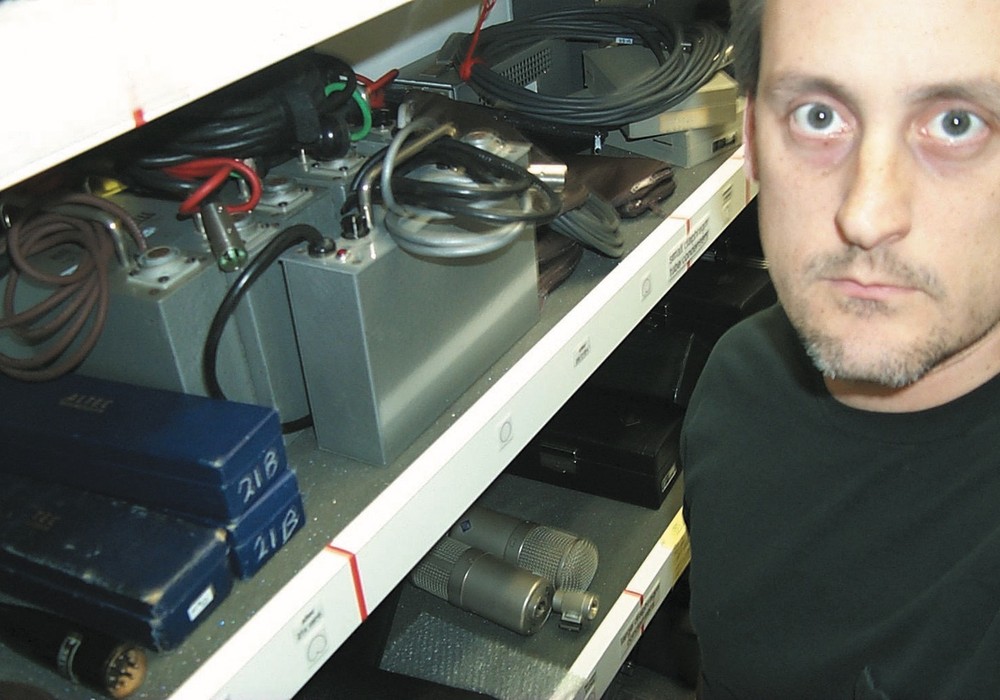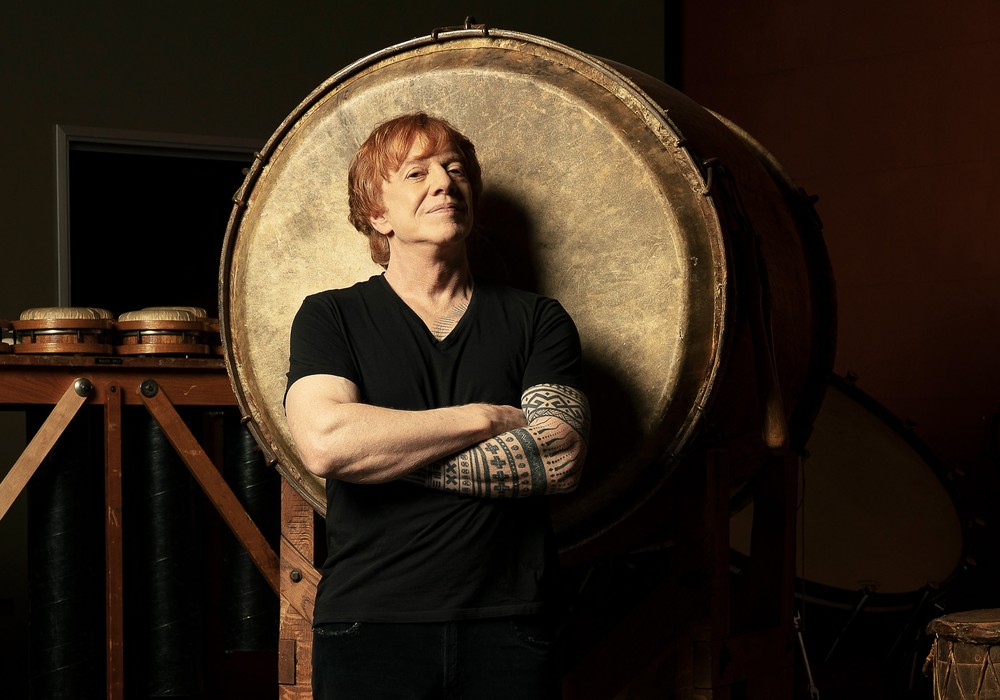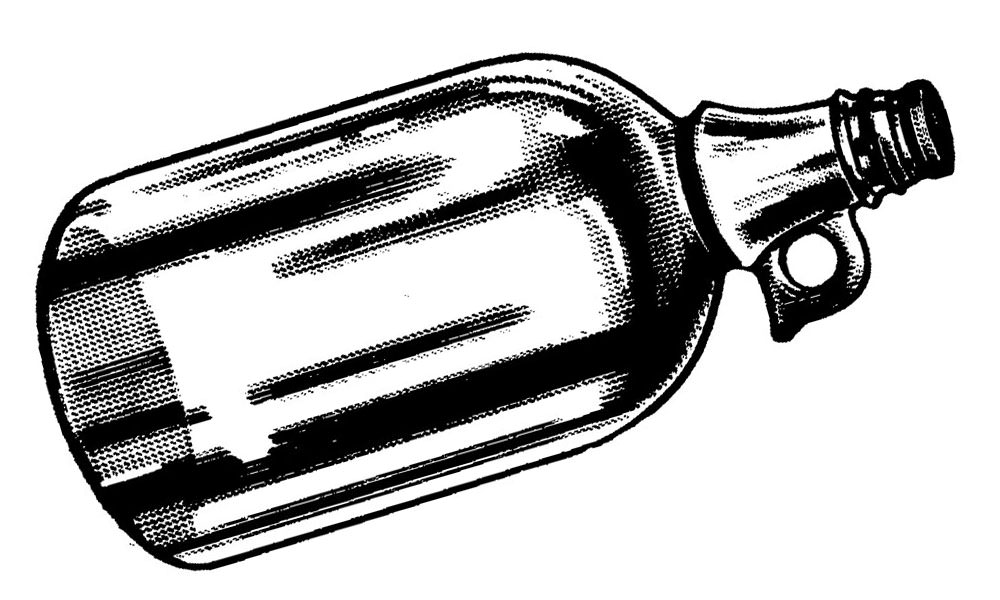
Born in Bergenfield, New Jersey, Jack Antonoff has performed, recorded, and toured with the bands Outline, Steel Train, fun., Bleachers, and, most recently, Red Hearse, with a self-titled album released in 2019. He has co-written with (and/or produced) Taylor Swift, St. Vincent [Tape Op #134], Lorde, Lana Del Rey, Carly Rae Jepsen, Pink, and Sara Bareilles – basically a Who's Who of recent pop stars. He's won four Grammys, and he's even started his own music festival, Shadow of the City, in New Jersey. He produced the soundtrack for the 2018 film Love, Simon, which includes four Bleachers songs. Brian and I caught up with Jack at his Walters-Storyk designed home studio in Brooklyn, NY.
You maintain a busy writing, recording, performing, and touring schedule, with multiple simultaneous projects. Is it ever hard to keep track of so many events?
When you read it like that, it sounds like more than it is. At any given time, I actually consider myself to have less going on than a lot of other people I know who do what I do. It's because the focus is on albums. Me and Kevin Abstract made an album that took a month [ARIZONA BABY]. Right now, I'm making an album with the Dixie Chicks that's going on two years. If you make albums, you can do different projects at once, because it's more of a meditative thing – it's all-existing. I'll be working on one project and think, "Okay, these songs need help," and then I'll spend a couple of hours there. I'll go into a session with these people [whom] I've been working on this long project with for a week, and then everybody goes their separate ways. You take a step back. To have these ongoing album projects, it actually enables me to jump around more, because they're living and breathing. They're almost like family. How do you have time for friends and family? Well, I don't spend every day with them. If I go on vacation with my family somewhere, I'll be focused and spend time with them. Then I'll come back and spend time with my girlfriend, and I'll be focused and spend time with her. I think that's what albums are. It comes up a lot where people have this idea that it's this crazy output, but sometimes these things take a long time. Sometimes they line up where it seems like they're just firing out, [and then] there's a period when nothing's coming out. I'm in this period now where a lot of records are coming out.
You appear to be continually productive.
I sleep eight hours a night. I travel and tour a lot. I try to put the focus on the bigger picture and not get too lost in the minutiae. That's what it's all about. Making records, albums, songs – anything – I make it so it feels good, and I'm not convincing myself that it feels good because of how I did it. I get all the way under the hood and do it in a way that feels interesting – if you want to put that microscope on it. Obviously, you guys [Tape Op] are gear-related. You can have everything dialed in perfectly; the greatest gear in the world – the board they did this on, and the mic they did that on. They're tools to get you somewhere. You want to have all that going so that if magic happens, you capture it in an exciting way. I've been in a lot of situations where something magical happened, but it wasn't captured well.
You've said that the whole point to writing songs and making records is to relate to people. How does Jack Antonoff relate to his fans through his music, his songwriting, and through his productions?
I don't think that the point of writing songs and writing music is to relate to people. I might have said that, but I actually think that the point of releasing music is to relate to people. A lot of times, I write and record music I don't intend to release, and I'm doing it to feel myself. Maybe the long-term goal is to find an interesting bass line that'll go somewhere, but I'm just having a good time. Releasing music is an act of throwing a message in a bottle and sending it out into the ocean. The nature of releasing music – and writing and recording music that you know you're gonna release – is somewhat a cry for help; but really it's more like a call. It's like shouting, "Does anyone else feel this way too?" Everyone's DNA comes out in everything [they record]. For example, the way you EQ a mic: are you someone who wants to have it bright and have [the listener] feel like they're talking right to you? Do you want it to feel...
